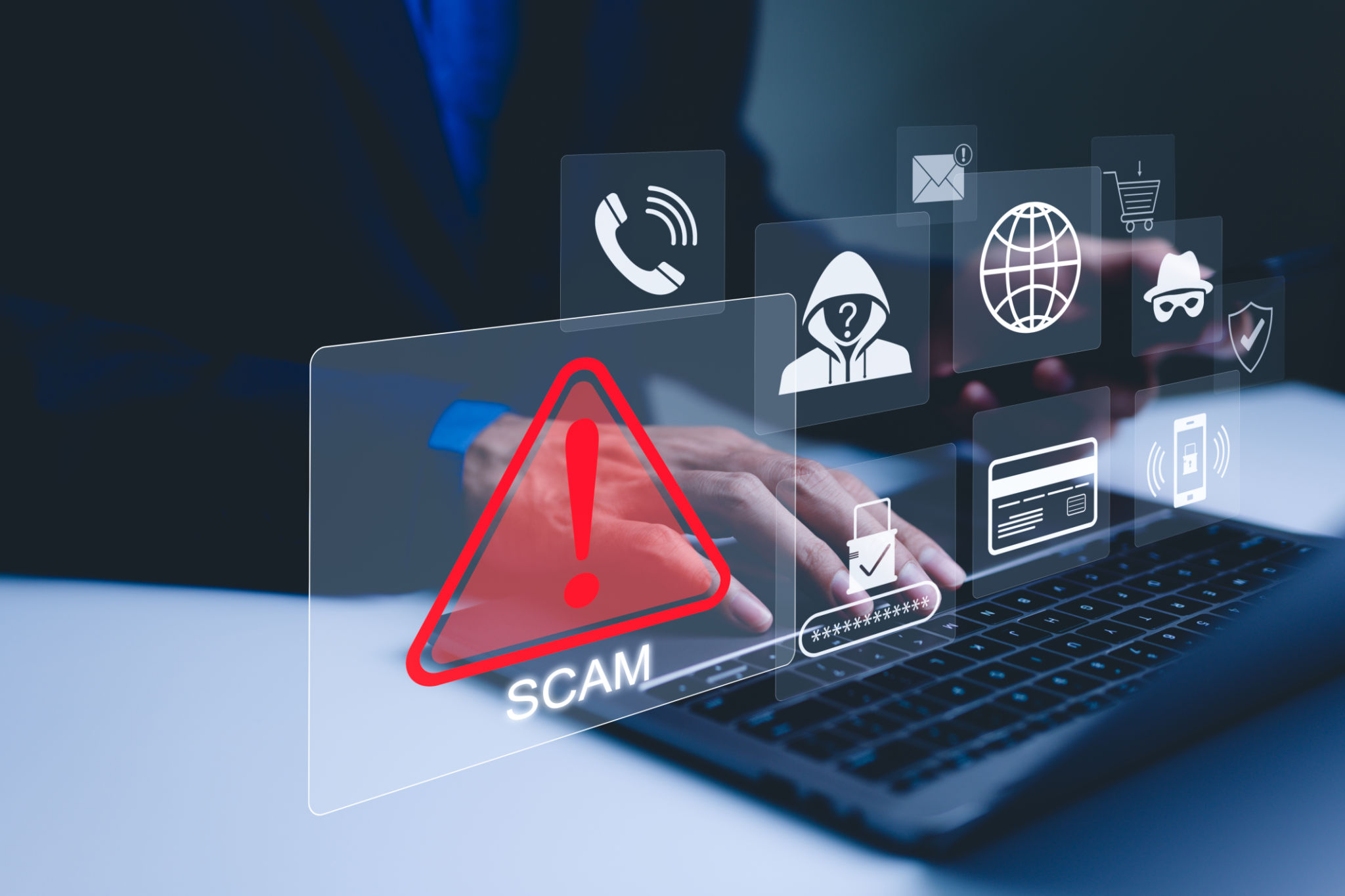How Senegalese Businesses Can Stay Ahead of Cybersecurity Trends
AM
Understanding the Importance of Cybersecurity
In today's digital age, cybersecurity has become a cornerstone for businesses worldwide, including those in Senegal. As more companies embrace digital transformation, the threat landscape continues to evolve, making it crucial for Senegalese businesses to stay ahead of cybersecurity trends. Being proactive in understanding and implementing cybersecurity measures not only protects sensitive data but also enhances a company's reputation and customer trust.

Identifying Current Cyber Threats
To protect their digital assets effectively, businesses must first understand the types of cyber threats they face. Common threats include malware, phishing attacks, ransomware, and insider threats. Each of these can have devastating effects on a business's operations and finances. By keeping informed about these threats, companies can develop strategies to mitigate risks and ensure robust cybersecurity measures are in place.
Regularly updating software and systems is a fundamental step in defending against these threats. Hackers often exploit vulnerabilities in outdated software. Therefore, maintaining up-to-date systems can significantly reduce the risk of a cyber attack.
Implementing Best Practices in Cybersecurity
To stay ahead of cybersecurity trends, Senegalese businesses should adopt best practices that are tailored to their specific needs. Here are some key practices:
- Conduct regular security audits: These audits help identify vulnerabilities and ensure that security measures are up to date.
- Educate employees: Training staff on recognizing phishing attempts and other cyber threats is essential.
- Use strong passwords: Encourage the use of complex passwords and multi-factor authentication for all accounts.

Leveraging Advanced Technologies
Advanced technologies such as artificial intelligence (AI) and machine learning (ML) are becoming increasingly important in the field of cybersecurity. These technologies can help detect anomalies and potential threats in real-time, providing businesses with an additional layer of protection. Senegalese businesses should consider incorporating AI and ML solutions into their cybersecurity strategies to enhance their defenses against sophisticated cyber attacks.
Moreover, investing in advanced cybersecurity solutions doesn't have to be costly. Many cloud-based services offer scalable solutions that can be adapted to fit the needs of small and medium-sized enterprises (SMEs), allowing them to benefit from the same level of protection as larger corporations.
The Role of Government and Industry Partnerships
The Senegalese government, along with industry partners, plays a critical role in fostering a secure cyber environment. Collaborations between the public and private sectors can lead to the development of comprehensive cybersecurity policies and frameworks that benefit all stakeholders. By participating in these partnerships, businesses can gain access to resources, training, and support that enhance their cybersecurity posture.

Furthermore, these collaborations often result in awareness campaigns that educate the public about the importance of cybersecurity. Such initiatives can help build a culture of security within Senegal's business community, ultimately reducing the risk of cyber incidents.
Planning for Future Cybersecurity Challenges
As technology continues to evolve, so too will cyber threats. It is essential for Senegalese businesses to plan for future challenges by staying informed about emerging technologies and potential vulnerabilities. This involves continuous learning and adaptation to ensure that their cybersecurity measures remain effective against new types of attacks.
By fostering a proactive approach to cybersecurity, businesses in Senegal can not only protect themselves from current threats but also position themselves as leaders in digital security within the region. This commitment to cybersecurity will ultimately drive growth, innovation, and trust in the digital economy.
